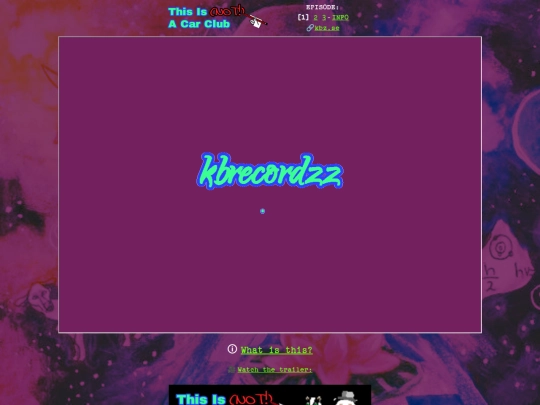The game MANAGO will come some day. But no one knows which day. https://kbrecordzz.com/2026/02/the-state-of-manago-in-february-2026/
When you see people coming out and telling you about the DARK SIDE OF THE [BLANK] INDUSTRY, or THE DARK SIDE OF WORKING FOR [BLANK], after having left said industry or company - These are only a few people. Imagine the countless other people still working inside that industry or company who don't make videos like this because they're busy having a good time working there.
I soon want to make a plan for 2026. To create what I want to create, I need a new system.
2 likes







































I need to both have more patience and a longer perspective, and be able to "move quickly" (and NOT break things). I think influences from more varied places, and work from widely different people can be a solution.
Maybe I'll work on a project every other weekend, but a different project every time.
I will be radical and have no deadlines for anything. I want to work on things and allow them to be done only when i have done all the things needed for them to be done.